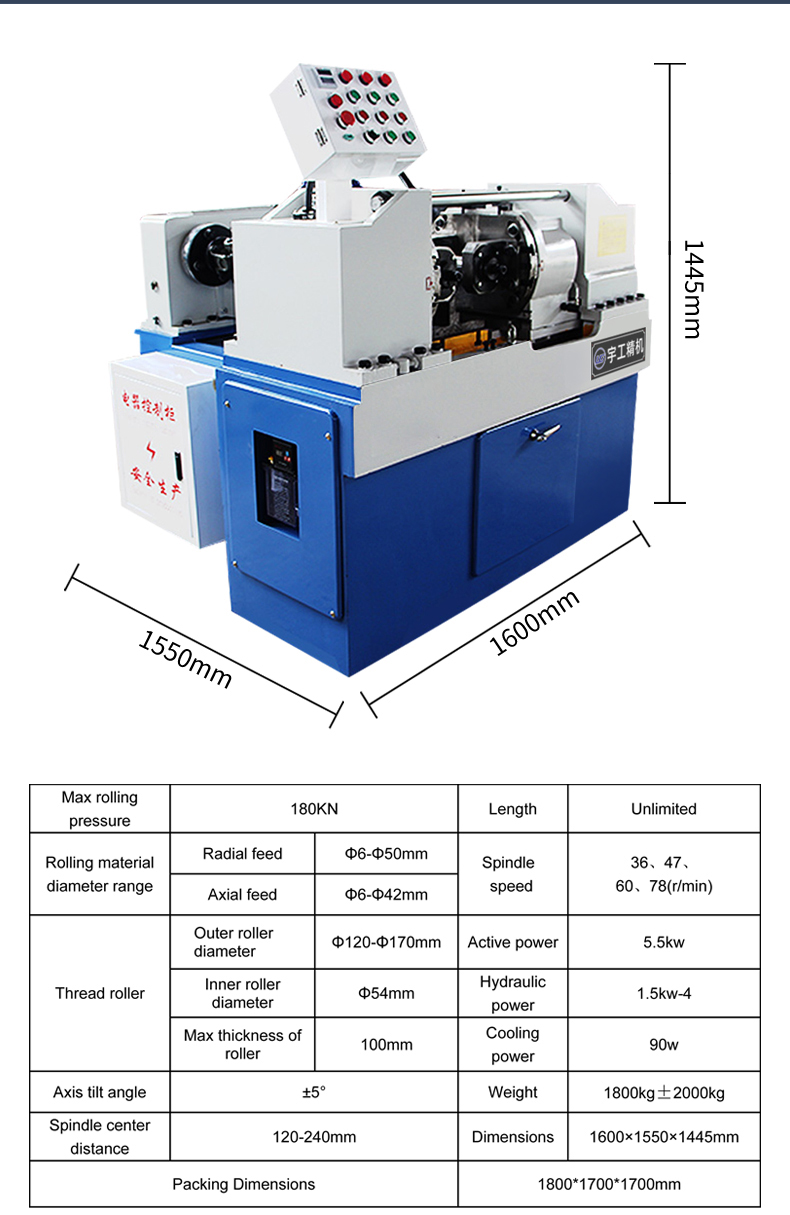
-
 Afrikaans
Afrikaans -
 Albanian
Albanian -
 Amharic
Amharic -
 Arabic
Arabic -
 Armenian
Armenian -
 Azerbaijani
Azerbaijani -
 Basque
Basque -
 Belarusian
Belarusian -
 Bengali
Bengali -
 Bosnian
Bosnian -
 Bulgarian
Bulgarian -
 Catalan
Catalan -
 Cebuano
Cebuano -
 Corsican
Corsican -
 Croatian
Croatian -
 Czech
Czech -
 Danish
Danish -
 Dutch
Dutch -
 English
English -
 Esperanto
Esperanto -
 Estonian
Estonian -
 Finnish
Finnish -
 French
French -
 Frisian
Frisian -
 Galician
Galician -
 Georgian
Georgian -
 German
German -
 Greek
Greek -
 Gujarati
Gujarati -
 Haitian Creole
Haitian Creole -
 hausa
hausa -
 hawaiian
hawaiian -
 Hebrew
Hebrew -
 Hindi
Hindi -
 Miao
Miao -
 Hungarian
Hungarian -
 Icelandic
Icelandic -
 igbo
igbo -
 Indonesian
Indonesian -
 irish
irish -
 Italian
Italian -
 Japanese
Japanese -
 Javanese
Javanese -
 Kannada
Kannada -
 kazakh
kazakh -
 Khmer
Khmer -
 Rwandese
Rwandese -
 Korean
Korean -
 Kurdish
Kurdish -
 Kyrgyz
Kyrgyz -
 Lao
Lao -
 Latin
Latin -
 Latvian
Latvian -
 Lithuanian
Lithuanian -
 Luxembourgish
Luxembourgish -
 Macedonian
Macedonian -
 Malgashi
Malgashi -
 Malay
Malay -
 Malayalam
Malayalam -
 Maltese
Maltese -
 Maori
Maori -
 Marathi
Marathi -
 Mongolian
Mongolian -
 Myanmar
Myanmar -
 Nepali
Nepali -
 Norwegian
Norwegian -
 Norwegian
Norwegian -
 Occitan
Occitan -
 Pashto
Pashto -
 Persian
Persian -
 Polish
Polish -
 Portuguese
Portuguese -
 Punjabi
Punjabi -
 Romanian
Romanian -
 Russian
Russian -
 Samoan
Samoan -
 Scottish Gaelic
Scottish Gaelic -
 Serbian
Serbian -
 Sesotho
Sesotho -
 Shona
Shona -
 Sindhi
Sindhi -
 Sinhala
Sinhala -
 Slovak
Slovak -
 Slovenian
Slovenian -
 Somali
Somali -
 Spanish
Spanish -
 Sundanese
Sundanese -
 Swahili
Swahili -
 Swedish
Swedish -
 Tagalog
Tagalog -
 Tajik
Tajik -
 Tamil
Tamil -
 Tatar
Tatar -
 Telugu
Telugu -
 Thai
Thai -
 Turkish
Turkish -
 Turkmen
Turkmen -
 Ukrainian
Ukrainian -
 Urdu
Urdu -
 Uighur
Uighur -
 Uzbek
Uzbek -
 Vietnamese
Vietnamese -
 Welsh
Welsh -
 Bantu
Bantu -
 Yiddish
Yiddish -
 Yoruba
Yoruba -
 Zulu
Zulu
Different Types of Thread Rolling Machines and Their Applications
Types of Thread Rolling Machines An Overview
Thread rolling machines are specialized equipment used in manufacturing processes to create external threads on cylindrical components. These machines utilize a cold forming process that allows for the efficient production of high-strength threads without removing material. There are several types of thread rolling machines, each designed for specific applications and producing different thread profiles. In this article, we will explore the primary types of thread rolling machines and their unique features.
1. Flat Die Thread Rolling Machines
Flat die thread rolling machines are among the simplest and most commonly used types in the industry. They employ two flat dies that move toward each other to compress the material of the workpiece. The workpiece is held between the dies and is rotated, which causes the dies to deform the material and create threads. This process is particularly effective for rolling a variety of thread forms, including UN, metric, and ACME threads. Flat die machines are ideal for high-volume production due to their efficiency and speed. They are commonly utilized in industries such as automotive, aerospace, and construction, where threaded components are crucial.
2. Circular Die Thread Rolling Machines
Circular die machines feature two cylindrical dies, which rotate synchronously to form threads on the workpiece as it is fed through the machine. This type of thread rolling is especially suitable for producing long and continuous threads due to the uniform force distribution from the circular dies. Circular die machines are preferred for applications requiring high precision and consistency, such as making screws, bolts, and other fasteners where dimensional accuracy is critical.
3. Multi-Station Thread Rolling Machines
types of thread rolling machine product

Multi-station thread rolling machines are designed to increase productivity and efficiency by allowing multiple operations to be performed simultaneously. These machines can accommodate various tooling setups, making them versatile for different thread sizes and profiles. Operators can load multiple workpieces at once, leading to higher output rates, making them ideal for large-scale manufacturing environments. Industries that require mass production of fasteners, such as electronics and appliances, frequently utilize multi-station thread rolling machines.
4. Vertical Thread Rolling Machines
Vertical thread rolling machines are engineered with the dies positioned vertically, providing certain advantages over their horizontal counterparts. This configuration allows for a better gravity effect on the workpiece, ensuring consistent engagement between the dies and the material. Vertical machines are also easier to set up and switch between different operations. They are particularly useful for producing specialized threads and can handle a range of materials, making them a valuable asset in various manufacturing domains.
5. Hydraulic Thread Rolling Machines
Hydraulic thread rolling machines use hydraulic systems to exert pressure on the threads being formed, allowing for better control over the rolling process. These machines are particularly effective for materials that are more challenging to work with, as hydraulic pressure can be adjusted to accommodate different material properties. This flexibility makes hydraulic machines well-suited for the production of intricate or specialized threads, often found in medical devices, aerospace components, and specialized machinery.
Conclusion
Choosing the right thread rolling machine for a specific application depends on various factors, including the type of thread to be produced, the material being used, and the desired production volume. Each type of machine offers distinct advantages and is optimized for different manufacturing needs. As technology continues to evolve, thread rolling machines are expected to integrate more advanced features, improving precision, efficiency, and automation in the manufacturing process. Understanding these different types of thread rolling machines aims to assist manufacturing businesses in selecting the most appropriate equipment, ensuring high-quality threaded components while maintaining production efficiency.
